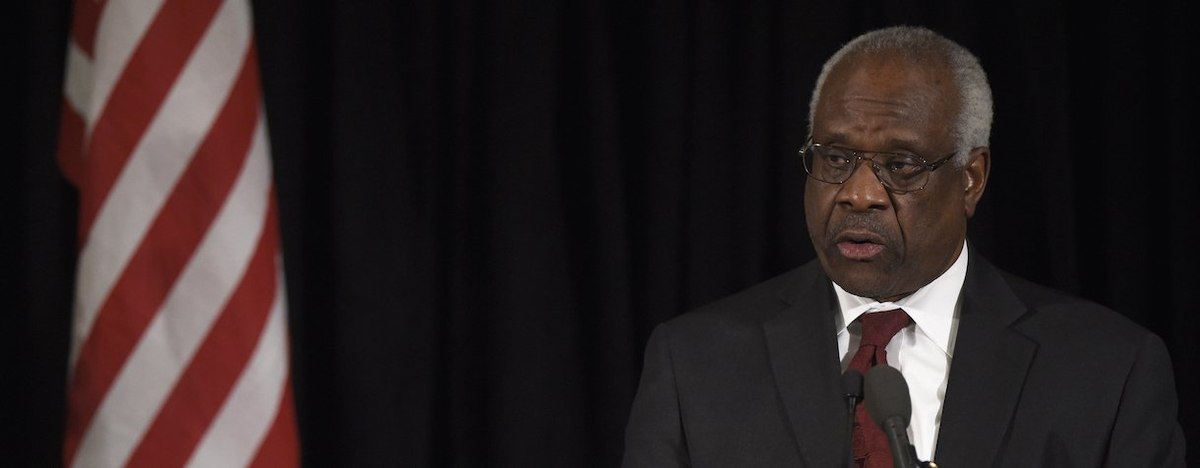New reporting recently revealed that Supreme Court Justice Clarence Thomas accepted lavish trips at the invitation of — and paid for by — Harlan Crow, a Texas real estate billionaire. New polling by the Economist and YouGov finds that most Americans disapprove of Thomas's having failed to disclose these trips, with many believing that such disclosures should be required of justices of the Supreme Court.
Majorities of Americans believe it is at least somewhat common for all judges (63%) and Supreme Court justices (55%) to accept gifts without disclosing them.
Nearly three-quarters of Americans (72%) strongly or somewhat support requiring justices to disclose most gifts and a similar share — 69% — is in favor of the Supreme Court adopting a formal code of ethics for its justices.
Each of these positions are supported by majorities of both Democrats and Republicans, even though members of the two major parties hold very different views on the Supreme Court: 68% of Republicans strongly or somewhat approve of the way the court is doing its job, compared with 32% of Democrats.
By 58% to 24%, Americans disapprove of Thomas accepting luxury trips from an American real estate developer without including them in his financial disclosures. Republicans, however, are only slightly more likely to disapprove (40%) than to approve (34%).
Thomas is slightly more likely to be viewed favorably (41%) than unfavorably (37%) by Americans. Two-thirds (67%) of Republicans are very or somewhat favorable towards him, compared with only 25% of Democrats. While Democrats' views of Thomas have changed little since the latest revelation involving his luxury trips, Republicans' views have grown more positive in the last two months: Thomas' net favorability — the result of subtracting the share of people with an unfavorable view of him from the share with a favorable view — among Republicans has risen 7 points to +54 from +47 in February of this year.
People with favorable views of Thomas are more likely to approve of him accepting the gifts than to disapprove (46% to 35%), while those with unfavorable views are far less likely to approve than to disapprove (10% to 87%).
See the toplines and crosstabs from the Economist/YouGov poll conducted on April 8 - 11, 2023 among 1,500 U.S. adult citizens.
Methodology: Respondents were selected from YouGov’s opt-in panel using sample matching. A random sample (stratified by gender, age, race, education, geographic region, and voter registration) was selected from the 2019 American Community Survey. The sample was weighted according to gender, age, race, education, 2020 election turnout and presidential vote, baseline party identification, and current voter registration status. Demographic weighting targets come from the 2019 American Community Survey. Baseline party identification is the respondent’s most recent answer given prior to June 1, 2022, and is weighted to the estimated distribution at that time (34% Democratic, 31% Republican). The margin of error for the overall sample is approximately 3%.
Image: Getty (Pool)










